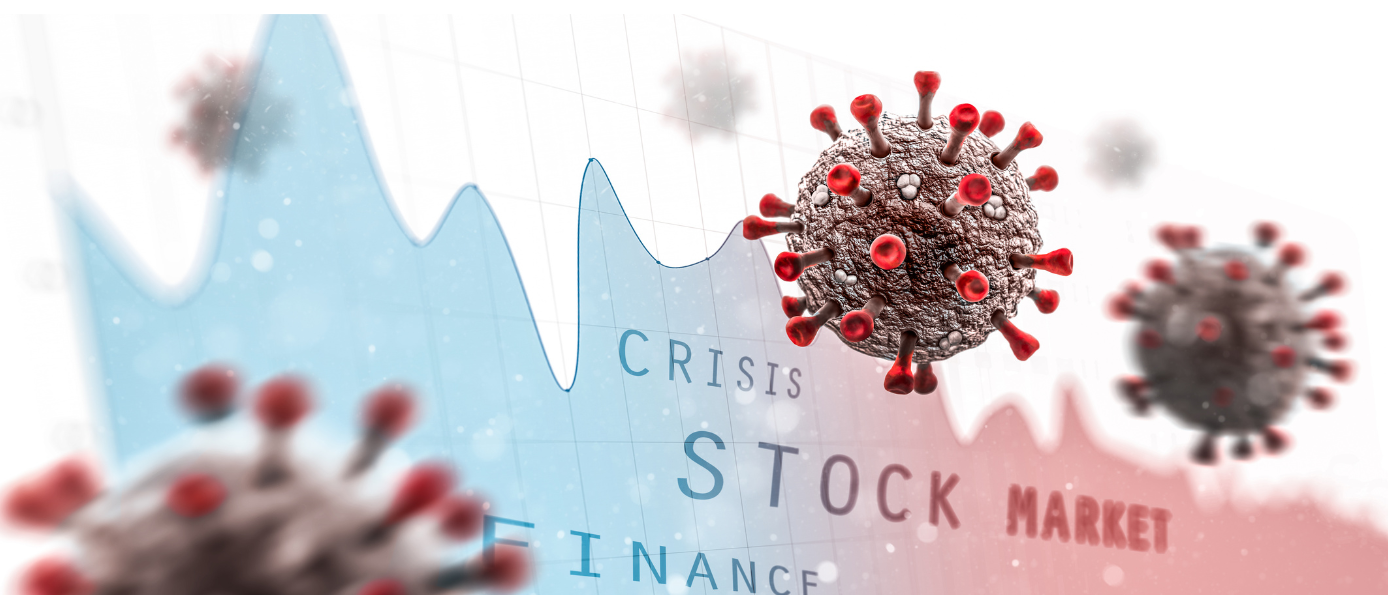
The Global Conflict Dilemma: Navigating the Impact on Emotional Health
In a world where major global conflicts and wars are never far from the headlines, the impact of consuming such information through major media channels has profound effects on the emotional well-being of people worldwide. The fears of horror that often accompany these events can lead to traumatic stress, hyper-anxiety, panic, and paranoia. These emotional responses can be especially challenging for those with pre-existing mental health disorders. In this blog post, we will explore the emotional toll of consuming global conflict information, and its relationship with mental health, and provide guidance on seeking help from approved mental health agencies, such as Applied Behavioral Sciences.

The Emotional Impact of Global Conflict News
When we tune into our favorite news channels or scroll through social media, it’s impossible to escape the unsettling images and stories of global conflicts and wars. The relentless coverage exposes us to scenes of destruction, human suffering, and political turmoil. This constant exposure can trigger a range of emotional responses:
1. Traumatic Stress: Witnessing scenes of violence, displacement, and loss can lead to traumatic stress, which often manifests as flashbacks, nightmares, and intrusive thoughts. Even if we are not directly involved in the conflict, our empathy can lead to emotional trauma.
2. Hyperanxiety: The ongoing uncertainty and unpredictability of global conflicts can lead to heightened anxiety levels. People may constantly worry about the safety of their loved ones, the potential for future conflicts, and the overall state of the world.
3. Panic and Paranoia: Major media coverage can sometimes sensationalize events, making them seem closer and more immediate than they are. This can induce panic and paranoia, causing individuals to feel constantly under threat.

Impact on Pre-existing Mental Health Disorders
For individuals already dealing with mental health conditions, the impact of consuming news about global conflicts can be even more pronounced. Here’s how it affects some common mental health disorders:
1. Depression: The constant exposure to negative news can exacerbate feelings of hopelessness and despair in individuals with depression.
2. Anxiety Disorders: Those with anxiety disorders may find it increasingly difficult to manage their symptoms, as global conflict news feeds their worries and triggers panic attacks.
3. PTSD: Individuals with post-traumatic stress disorder (PTSD) can experience re-traumatization when exposed to graphic images or stories related to violence and war.
Getting Help from Approved Mental Health Agencies
Recognizing the emotional toll of global conflict news and its impact on mental health is crucial. Seeking help from approved mental health agencies like Applied Behavioral Sciences can provide the support needed to navigate these challenges. Here’s how to get started:
1. Reach out to a Mental Health Professional: Begin by scheduling an appointment with a licensed therapist or counselor who specializes in trauma and anxiety disorders. They can provide coping strategies and techniques tailored to your needs.

2. Limit Media Exposure: Consider reducing your consumption of news related to global conflicts. Setting boundaries on when and how you engage with such information can help mitigate its emotional impact.
3. Practice Self-Care: Focus on self-care routines that promote emotional well-being. Activities like meditation, exercise, and spending time with loved ones can help manage stress and anxiety.
4. Support Groups: Joining a support group for individuals dealing with similar emotional challenges can provide a sense of community and validation.
Conclusion
The emotional toll of consuming information about major global conflicts and wars cannot be understated. Traumatic stress, hyperanxiety, panic, and paranoia are just some of the emotional responses that can arise. For individuals with pre-existing mental health disorders, these challenges can be even more overwhelming. Seeking help from approved mental health agencies like applied Behavioral Sciences is a crucial step toward regaining emotional balance and resilience in an increasingly complex world. Remember, you don’t have to navigate this journey alone, and there is support available to help you cope and heal.
